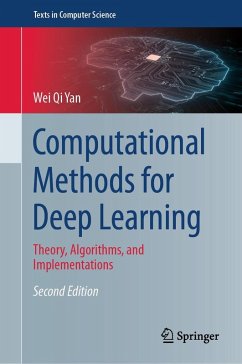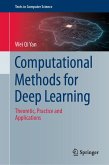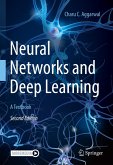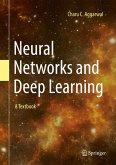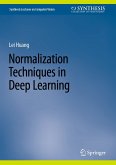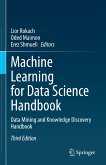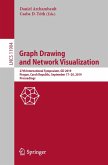The second edition of this textbook presents control theory, transformer models, and graph neural networks (GNN) in deep learning. We have incorporated the latest algorithmic advances and large-scale deep learning models, such as GPTs, to align with the current research trends. Through the second edition, this book showcases how computational methods in deep learning serve as a dynamic driving force in this era of artificial intelligence (AI).
This book is intended for research students, engineers, as well as computer scientists with interest in computational methods in deep learning. Furthermore, it is also well-suited for researchers exploring topics such as machine intelligence, robotic control, and related areas.
Dieser Download kann aus rechtlichen Gründen nur mit Rechnungsadresse in A, B, BG, CY, CZ, D, DK, EW, E, FIN, F, GR, HR, H, IRL, I, LT, L, LR, M, NL, PL, P, R, S, SLO, SK ausgeliefert werden.

